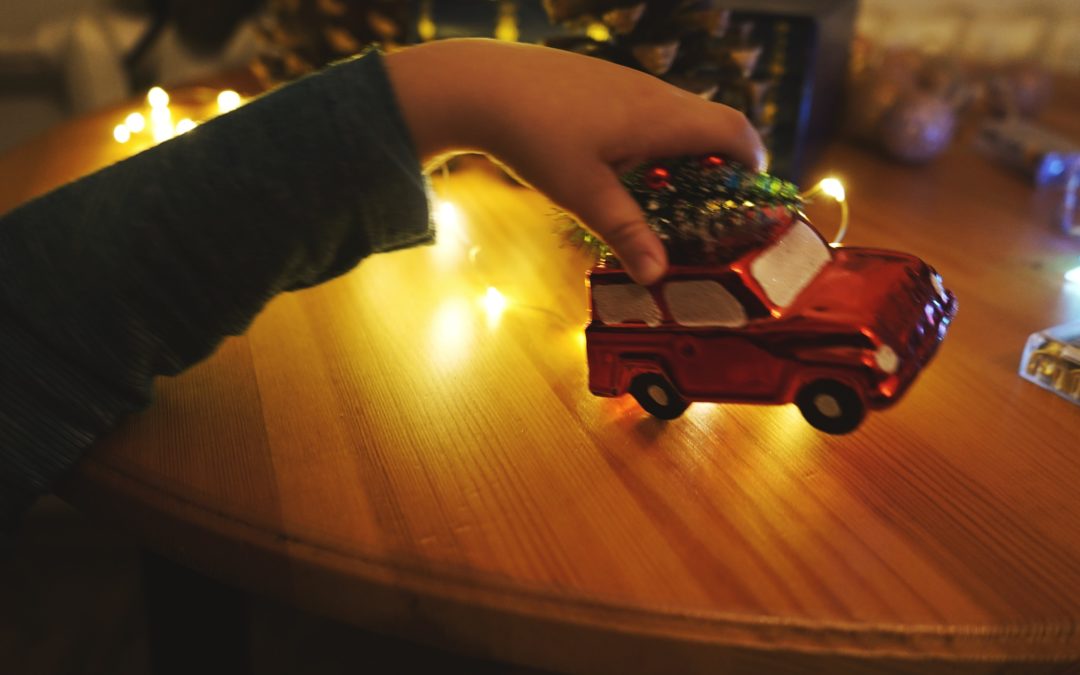Gloria Ricardi Castillo, director of family support centers at Northeast Arc prepared these tips for families who may be celebrating the holidays with a child who has autism or an intellectual and developmental disability.
Most people with Autism Spectrum Disorder and/or intellectual and developmental disabilities thrive in situations that are consistent and predictable. During the holidays, many families welcome new people, new sounds, new smells to their home, resulting in major changes to the routines of eating, sleeping and playing. Navigating the holidays presents a unique set of challenges, making already stressful situations more difficult to manage. Knowing your loved one with ASD as you do, you can choose the types of changes they can handle most easily.
Here are some suggestions that might help you make the most of the holidays for the whole family, especially the person with ASD or a disability:
- It is important to explain to the autistic person what to expect and talk with family members so that they consider the needs of the person with ASD. Preparation and planning are key.
- Preparation for the holidays can occur by marking on the calendar activities/visits/events that will happen. In some cases, a social story highlighting the events to come could be very helpful.
- Decorations around the house may be disruptive for some. If a person with autism has difficulty with change, you may want to gradually decorate the house.
- One of the best ways to help your loved one with autism during the holidays is to create a quiet space. This provides them with a place to retreat to when the gathering or event becomes too stimulating or overwhelming.
- It is important to maintain regular routines and schedules as much as possible, even if you are traveling. These may include mealtimes, bedtime routines, hygiene schedules, and many others. As most people with ASD have sensory issues and are picky eaters, try to have the same foods available.
- Have your loved one with ASD pack a bag that includes their preferred items of coping: headphones, handheld video games, other electronics, books, drawing pads, stress balls, or anything else of their choosing.
- Prepare family members with strategies to minimize anxiety or behavioral incidents. Help them to understand if the person with autism prefers to be hugged or not, needs calm discussions, or provide other suggestions that will facilitate a smoother holiday season.
- If you are flying for the first time, it may be helpful to bring the person with ASD to the airport in advance and help him/her to become accustomed to airports and planes. Use social stories and pictures to rehearse what will happen when boarding and flying. In Massachusetts, Logan Airport and Vinfen has a program “Wings for Autism” and TSA Cares is a helpline that provides travelers with special needs, additional assistance during security screening process. Call 855-877-2227.
We are aware that every person is different and that not everyone will find this material useful. This information is not personalized medical advice; it is generic information. We anticipate that using these suggestions as a starting point will help you determine the most effective way to assist an autistic person.
Reference: Autism Society of America
